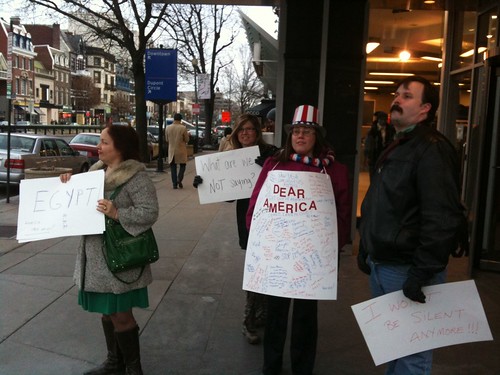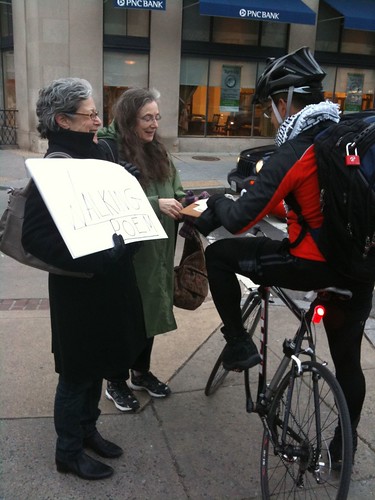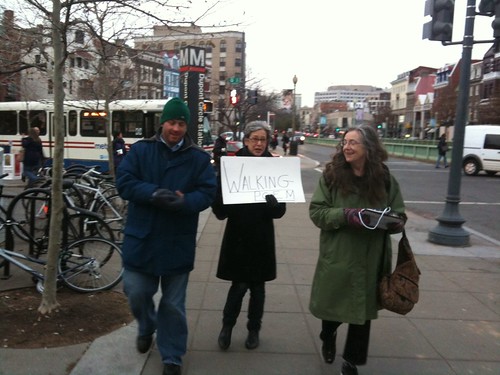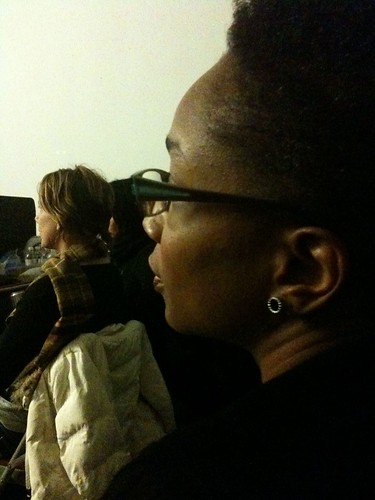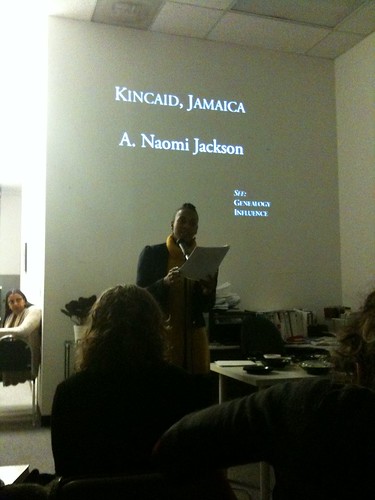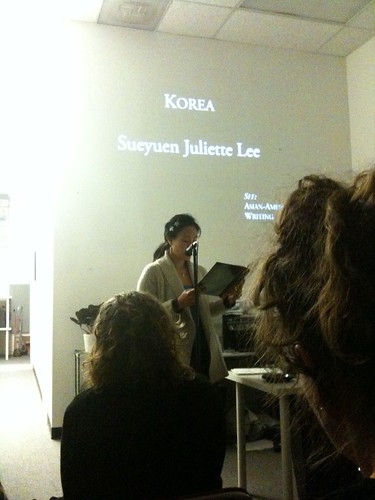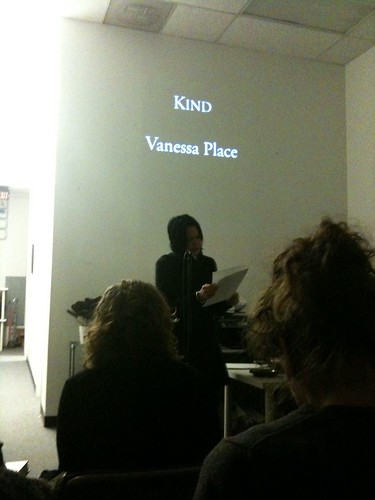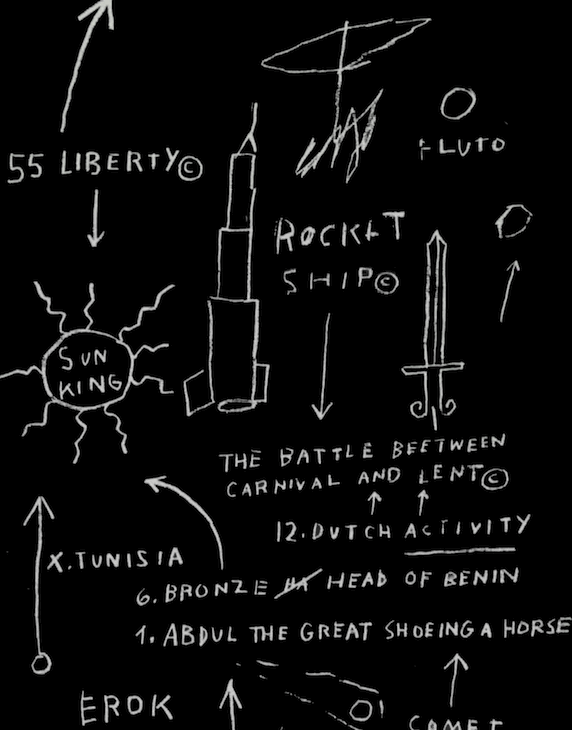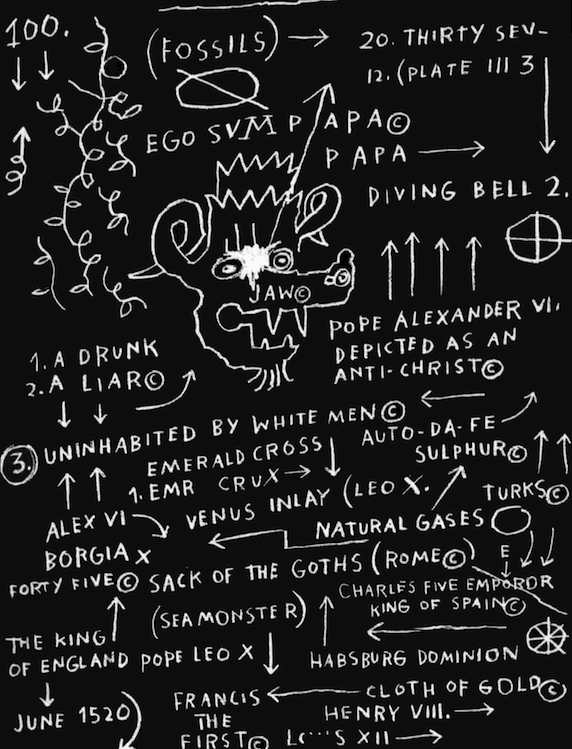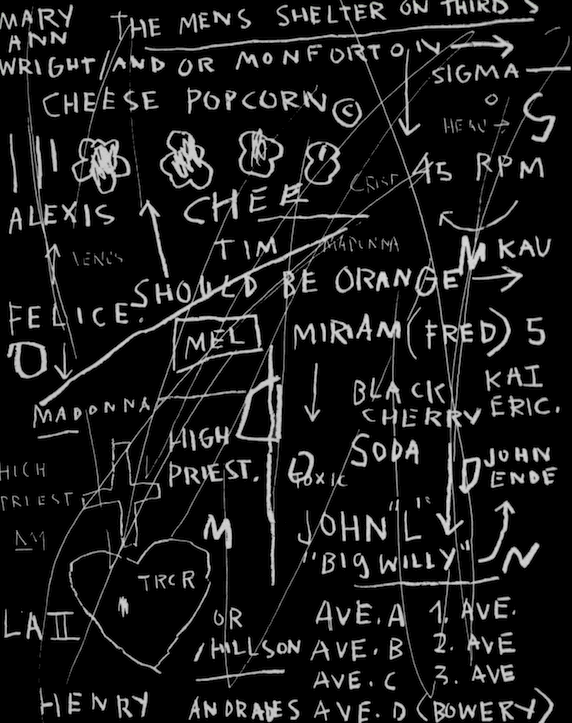He's gone! As per the wishes of a majority of the
Egyptian people, President
Mohamed Hosni Mubarak today officially and fully vacated his office. An Egyptian military council is now (temporarily?) running the government, and though it unclear what will happen next, including with
Omar Suleiman, the current vice president and former head of the
Egyptian General Intelligence Directorate (EGID), that country's
CIA. But what is clear is that two and half weeks of sustained brave public protests by Egyptians, in
Cairo, in
Alexandria, in
Suez, and other cities, and just a few weeks ago met with horrific violence by the government's supporters and agents, have resulted finally in Mubarak's ouster, after 30 years of dictatorship, with the wholehearted support, financial, political and military, of the
United States and other Western nations. As I wrote in
an earlier blogpost this year on the unfolding situation in
Tunisia, the successful protesters there unleashed a political, social and discursive
djinn that cannot be put back in the bottle. Mubarak's abrupt resignation today followed his defiance yesterday when, as protesters filled
Cairo's Tahrir Square and Egyptians and international reporters expected him to step down, based in part on the military's public assurances, he announced on TV to widespread outrage that he wasn't going to bow to foreign pressure. But it was the military's hand, and the popular will, embodied by the
millions of Egyptians of all backgrounds who refused to back down, that forced Mubarak out. (According to some unconfirmed reports, Egypt's federal legislature, dominated by Mubarak's party, has been dissolved.) Egyptians have been celebrating all day and, if the military keeps its promise, will continue to, no matter how messy and complicated the democracy that follows turns out to be, but people across northern Africa and the Middle East are now looking at their own dictator-despots and thinking perhaps their time is up as well. As for the dictator-despots, they also perhaps are considering that their longtime ally, the US, can just as easily cut them loose. Perhaps we Americans will also take note and start refusing to stand by as our civil liberties are systematically and increasingly gutted; our hard-earned tax dollars end up in the financial casinos and underwrite the lavish lifestyles of corporate executives who think nothing of the workers of this country; war criminals walk the streets freely and give each other awards without the slightest fear of legal sanction; our Constitution continues to be gutted by people who believe that their wealth absolves them of the rule of law; and the executive, legislative and judicial branches work almost wholly on behalf of oligarchs and plutocrats, and thumbing their noses at the vast majority of us. May the people of Egypt continue to write their destiny with their own hands, and let us learn once again to do the same.
 |
Ed Ou for The New York Times Demonstrators in Cairo rejoiced Friday upon hearing that President Hosni Mubarak had been toppled after 18 days of protests against his government. |






